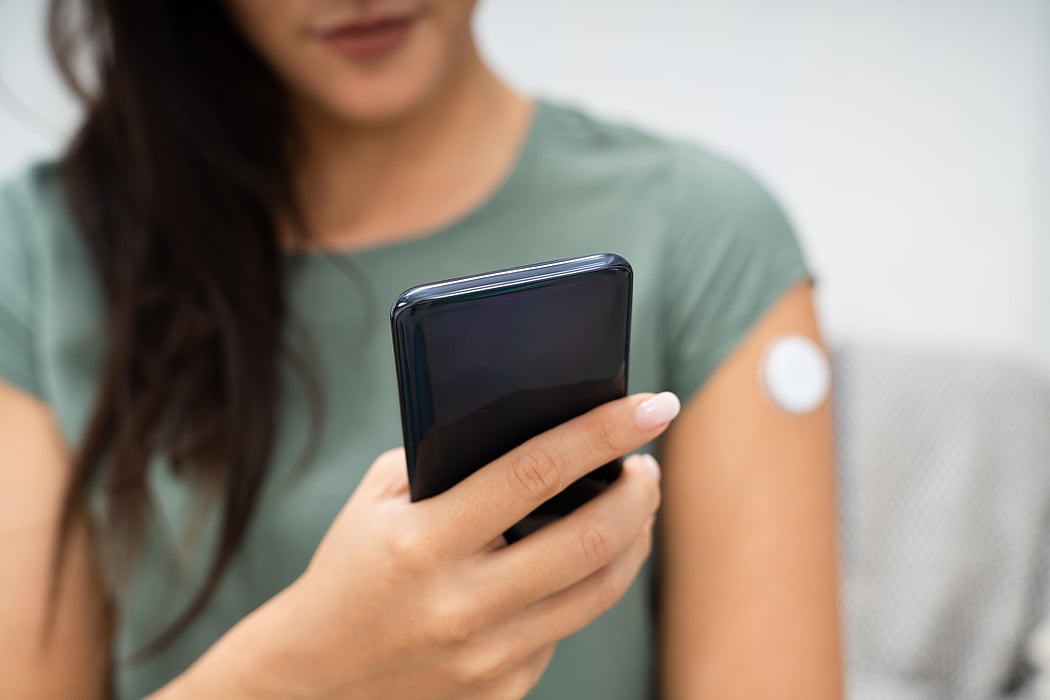ADA: Insulin Delivery Systems Compared in Type 1 Diabetes

WEDNESDAY, June 8, 2022 (HealthDay News) -- An open-source automated insulin delivery (AID) system appears to be safe and effective for use in people with type 1 diabetes, according to a study presented at the annual meeting of the American Diabetes Association, held from June 3 to 7 in New Orleans.
Mercedes J. Burnside, from the University of Otago in Christchurch, New Zealand, and colleagues examined the efficacy and safety of open-source AID. Forty-eight children (ages 7 to 15 years) and 49 adults (16 to 70 years) with type 1 diabetes were randomly assigned to either open-source AID (using the OpenAPS algorithm from a version of AndroidAPS implemented in a smartphone with the DANA-i insulin pump and Dexcom G6 continuous glucose monitor) or sensor augmented pump therapy (SAPT).
The researchers found that mean time in target sensor glucose range (TIR) at study end was 74.5 percent using AID for adults and 67.5 percent for children. For the SAPT arm, the mean TIR at study end was 56.5 percent for adults and 52.5 percent for children. Neither group experienced severe hypoglycemic or diabetic ketoacidosis events. Two participants withdrew from AID due to hardware issues.
"While open-source AID is not yet approved by the Food and Drug Administration, we know people worldwide are using it to manage their diabetes," lead author Martin de Bock, Ph.D., also from the University of Otago, said in a statement. "Our findings demonstrate that this is a safe and effective technology and adds to the body of evidence supporting use of open-source AID for improving glycemic outcomes."
Several authors disclosed financial ties to the pharmaceutical industry.
Related Posts
El vapeo aumenta el riesgo de coágulos sanguíneos y daña a las arterias pequeñas, según un estudio
MARTES, 7 de septiembre de 2021 (HealthDay News) -- Los cigarrillos electrónicos...
Pandemic Puts ‘Outdated’ Infection Control Practices Under Scrutiny
WEDNESDAY, Nov. 10, 2021 (HealthDay News) -- The COVID-19 pandemic has offered...
Dos estudios reconfirman el origen de la COVID en un mercado de Wuhan
MIÉRCOLES, 27 de julio de 2022 (HealthDay News) -- Dos nuevos estudios sugieren...
Reminder Apps on Smartphones May Help in Early Dementia
THURSDAY, Nov. 18, 2021 (HealthDay News) -- Despite stereotypes about seniors...
